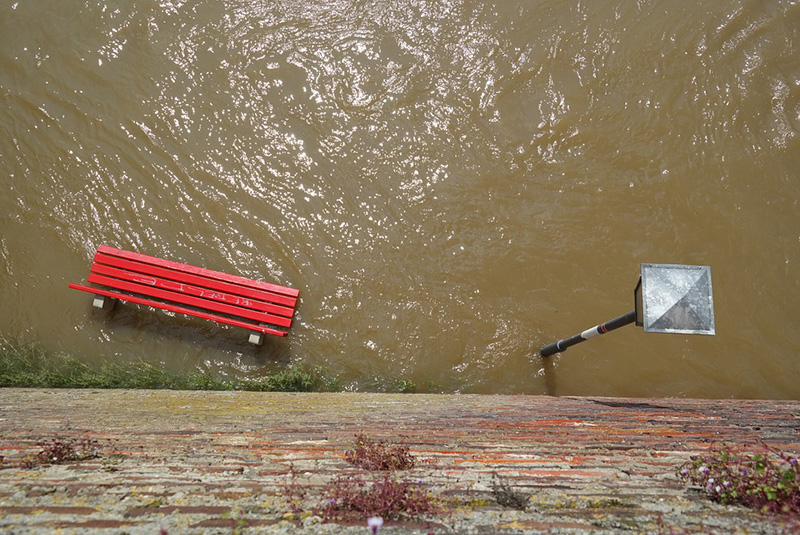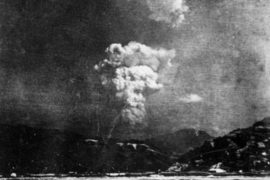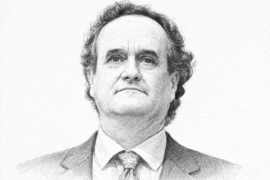It has taken hundreds of heat-related deaths across the northern hemisphere for climate change to make global headlines. In Japan, at least 80 people have died and thousands have been hospitalized as a result of the heatwave, while scorching temperatures in Canada have killed an estimated 90 people. Wildfires caused by drought and extreme heat have also been deadly, killing 91 people in Greece alone. Horrifying images from a coastal town near Athens showed burned-out cars lining the roads, abandoned by drivers who had fled into the sea.
These were not the first deaths linked to climate change, and they won’t be the last. In Bangladesh, hundreds of people die each year in floods which will become increasingly frequent and severe as sea levels rise and Himalayan glaciers melt. People die on a regular basis from famine, malnutrition and water-borne diseases as climate change intensifies droughts across sub-Saharan Africa.
Yet if you search online for “climate change deaths Africa”, the top results are articles about the demise of the Baobab tree. For too long, wealthy leaders haven’t considered the human impact of climate change in hotter, poorer countries worth acting on.
Copyright©Madras Courier, All Rights Reserved. You may share using our article tools. Please don't cut articles from madrascourier.com and redistribute by email, post to the web, mobile phone or social media.Please send in your feed back and comments to [email protected]











